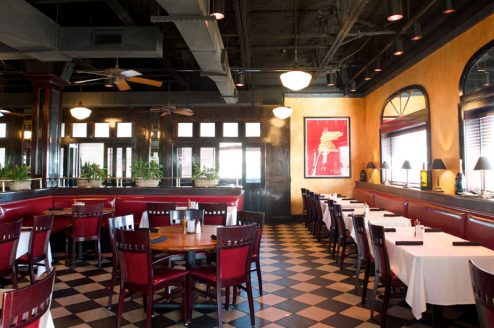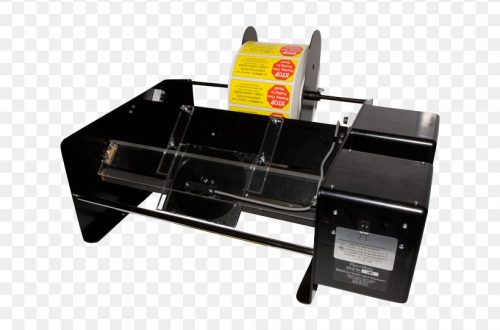Finding inspiration for a restaurant podcast can come from various sources, ranging from personal experiences to industry trends and audience interests here are some avenues to explore for inspiration when creating a restaurant podcast:
Personal Stories and Experiences: Draw from your own journey in the restaurant industry or your love for food to share compelling stories. Discuss the challenges and triumphs you’ve encountered, memorable dining experiences, or influential individuals who have shaped your culinary perspective. Personal anecdotes can resonate with listeners and create a connection.
Chef Interviews and Profiles: Invite renowned chefs, restaurateurs, and culinary experts as guests on your podcast. Engage in conversations about their culinary philosophy, signature dishes, career highlights, and challenges they’ve faced. These interviews provide insights into the minds of successful professionals and offer inspiration for aspiring chefs and restaurant owners.

Food and Beverage Trends: Stay updated on the latest food and beverage trends and discuss them on your podcast. From plant-based cuisine and farm-to-table movements to the rise of craft cocktails or unique cooking techniques, explore how these trends impact the restaurant industry and offer fresh perspectives.
Restaurant Reviews and Recommendations: Share your thoughts on exceptional restaurants or hidden gems in your area or other regions. Highlight unique menus, extraordinary dining experiences, and innovative concepts. This can help listeners discover new culinary destinations and create anticipation for their next dining adventure.
Culinary Travel and Cultural Exploration: Take your listeners on a virtual journey to different culinary destinations. Explore the local food culture, traditions, and regional specialties. Discuss your own travel experiences or bring in guests who have explored various culinary hotspots, offering insights into the flavors and culinary techniques they’ve encountered.
Cooking Techniques and Recipes: Provide listeners with practical tips, cooking techniques, and recipes they can try at home. From classic Italian pasta dishes to complex gourmet recipes, share step-by-step instructions, ingredient recommendations, and cooking hacks to help your audience elevate their culinary skills.
Food History and Food Science: Delve into the history of specific dishes, ingredients, or cooking methods. Uncover the origins of iconic recipes, explore the cultural significance of certain foods, and discuss the science behind cooking processes. This combination of history and science can engage curious listeners and deepen their appreciation for the culinary arts.
Audience Participation: Engage with your audience by inviting them to submit questions, suggestions, or personal stories related to the restaurant industry or their culinary experiences. Incorporate listener feedback and interact with your community through social media platforms, email, or dedicated segments in your Podcast.
Remember, the key to finding inspiration for a restaurant podcast is to tap into your passion for food, stay curious about industry trends, and actively listen to your audience. By exploring a variety of topics and perspectives, you can create a podcast that educates, entertains, and inspires food lovers around the world.


